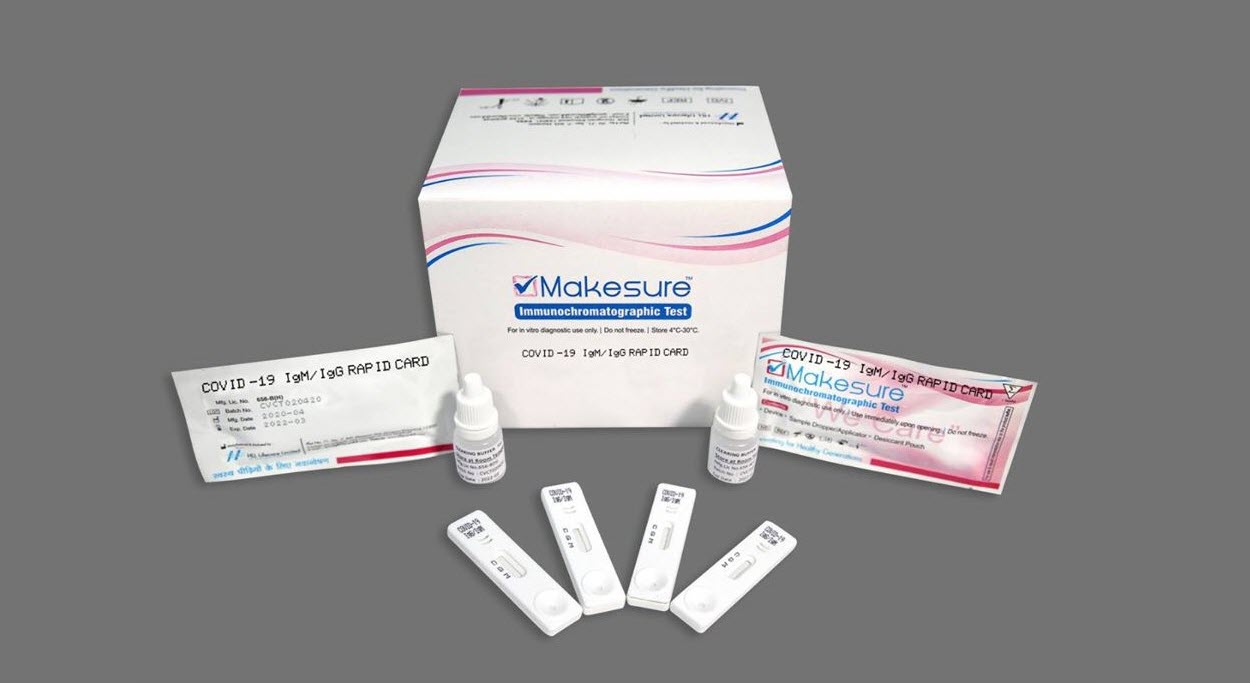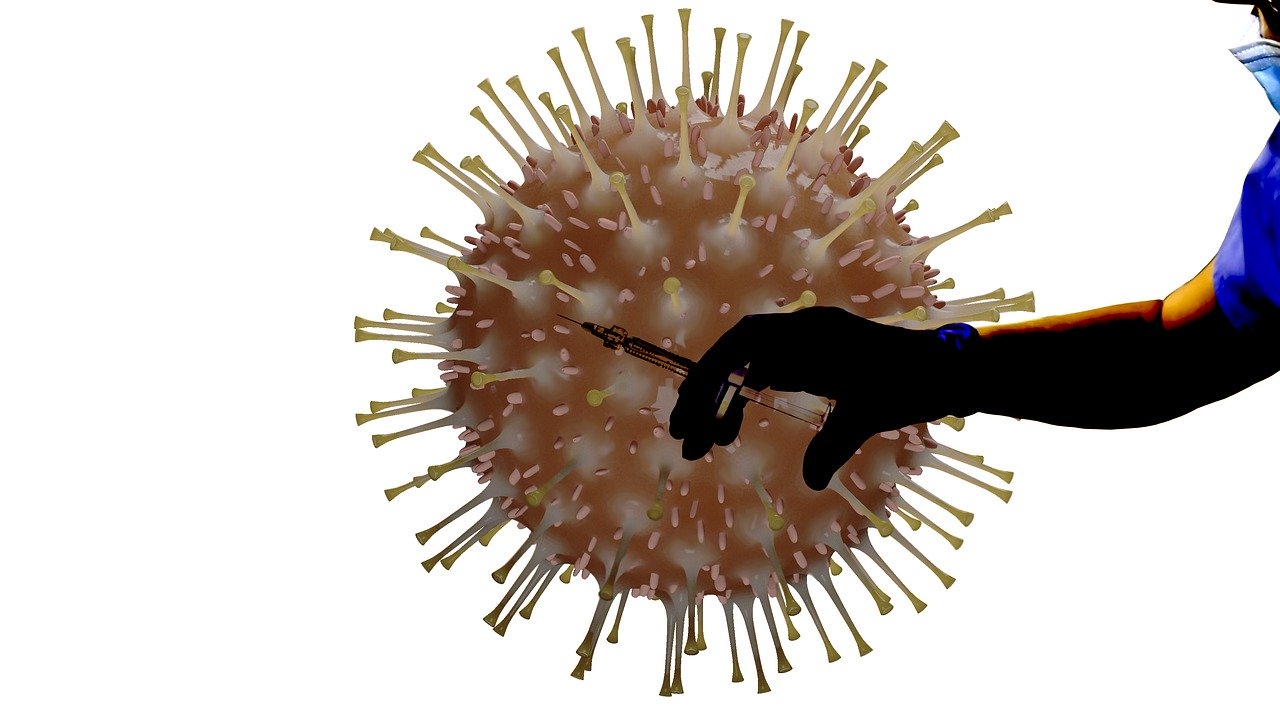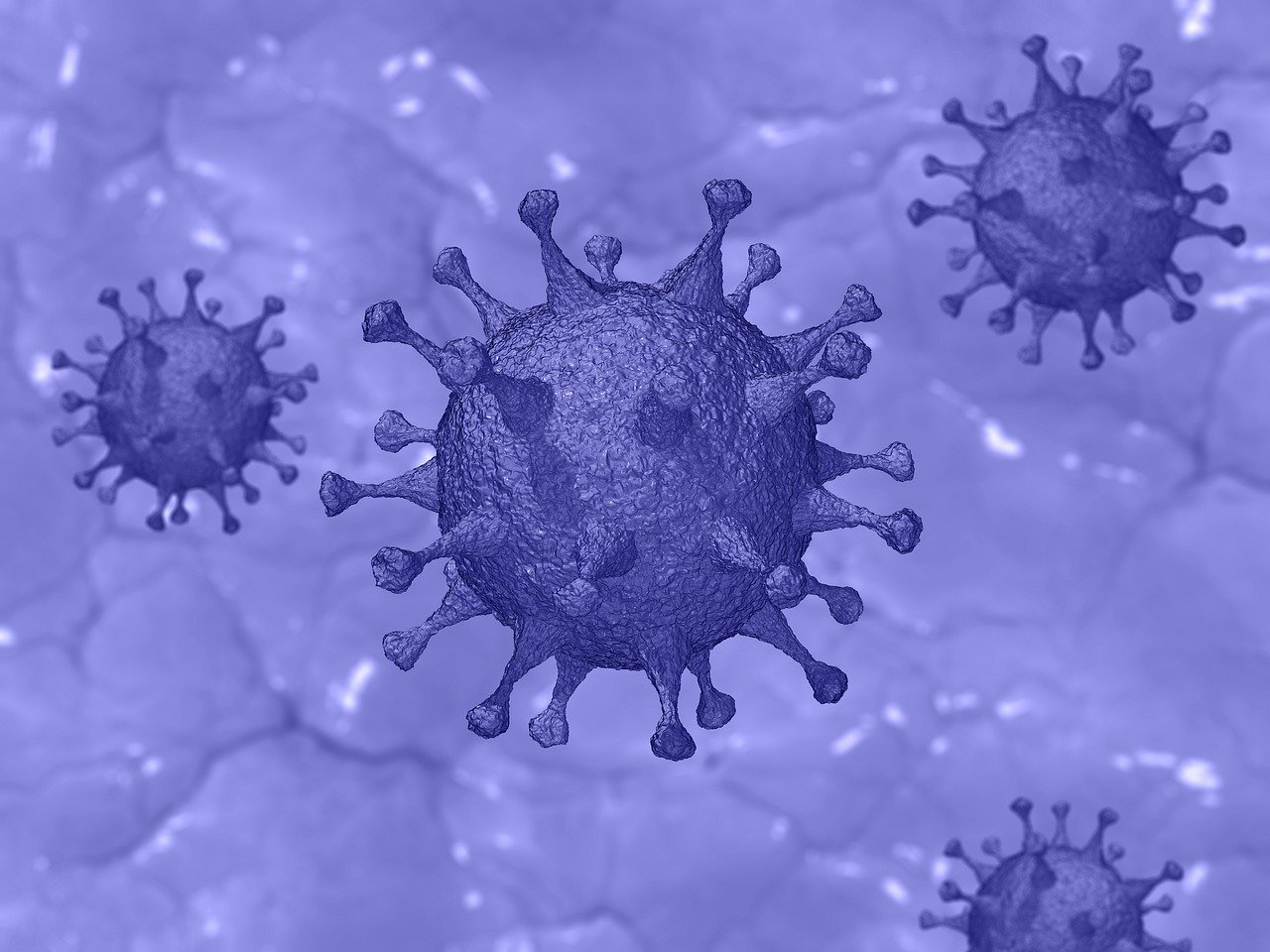
A lawsuit is filed against Aurobindo Pharma and Emcure Pharma by MSP Recovery Claims in Florida, USA which claims that these pharmaceutical companies hide details about presence of carcinogenic element in anti-diabetic medicines reported by law360.
On 2nd March 2020, Valisure has tested and detected high levels of N-Nitrosodimethylamine (NDMA) in specific lots of the drug metformin, a prescription medication used to control high blood sugar in adults and adolescents with type 2 diabetes.
Valisure’s analysis of 22 companies selling metformin and a total of 38 batches revealed 16 batches and 11 companies where NDMA levels were detected above the 96 nanograms (ng) daily acceptable intake limit.
The Defendants knowingly and with an intent to defraud, concealed from Plaintiff and Class Members the material facts concerning their pervasive cGMP violations, and made express and implied representations to Plaintiff’s assignors and Class Members that their Metformin drugs conformed to applicable standards of quality, purity, identity and strength, were not adulterated, and were merchantable, fit for human consumption and fit for their intended purpose when, in truth and in fact, the Metformin drugs were contaminated with a probable human carcinogen.
MSP recovery claimed in petition that, "each package of Metformin drugs sold in the United States contained a printed insert, which represented that the drug in the package had the specified properties, conformed to the specified description, and carried a guarantee of quality assurance. The Defendants knowingly or extremely recklessly made these representations with actual knowledge, or reason to know, that they were false."
Florida class action seeking to recover USd 124 million that health insurers paid for the popular diabetes drug.
<< Back to Pharma News
Subscribe to PharmaTutor News Alerts by Email















